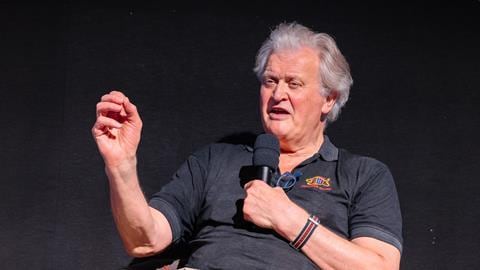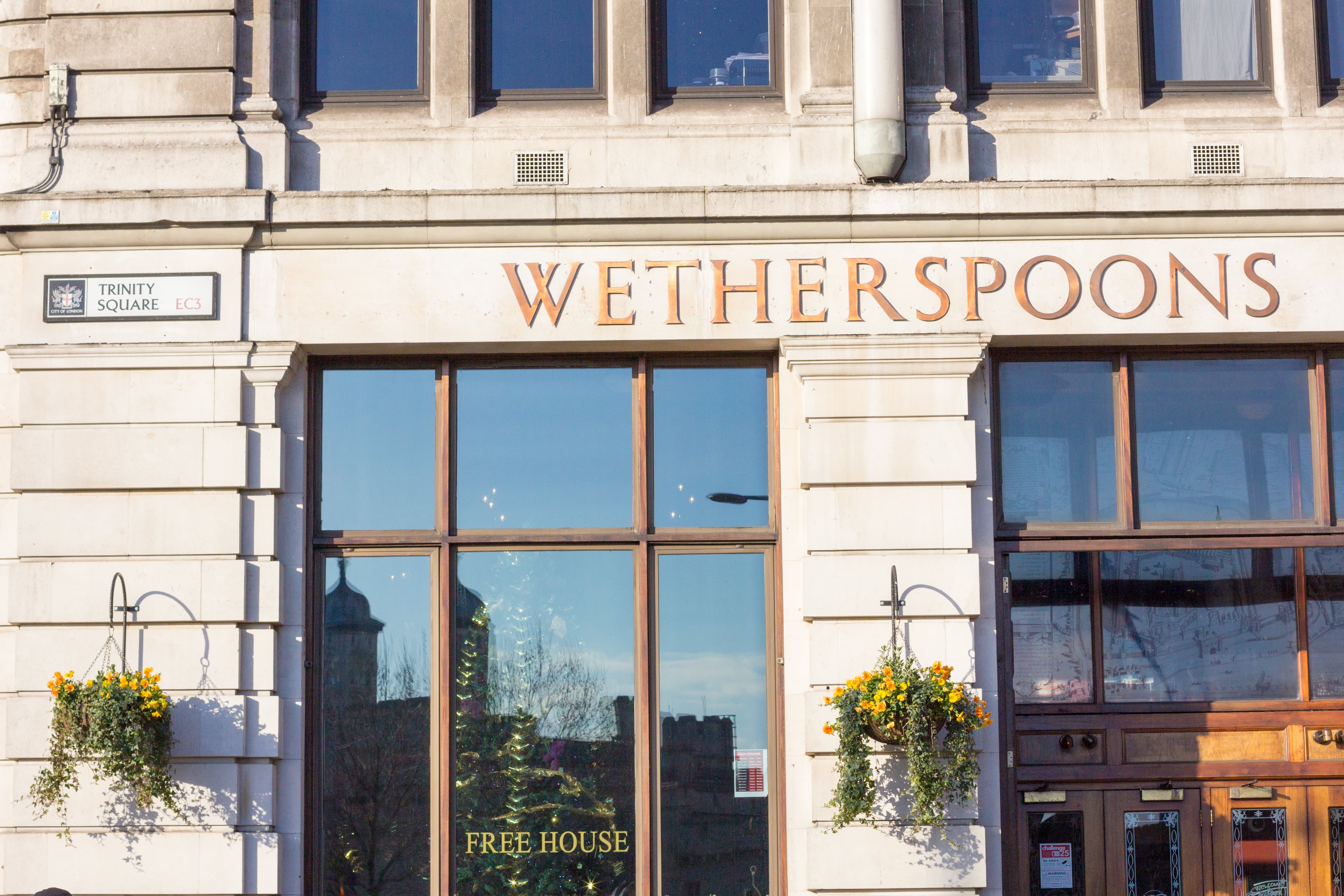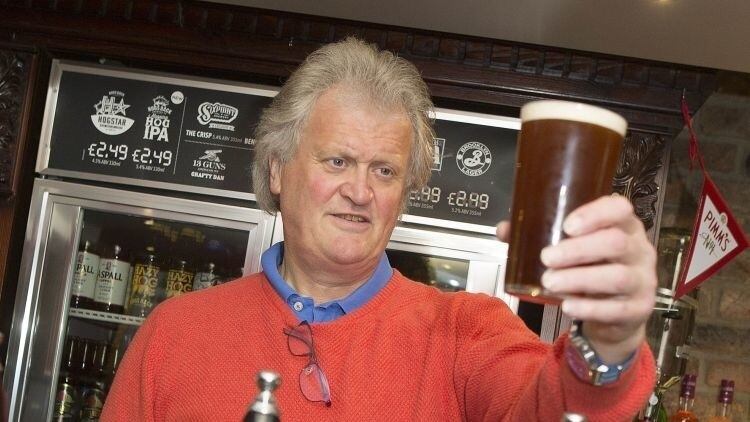As the managed pubs operator announced a trading update for the 14 weeks to 2 November 2025, comprising the company’s first financial quarter (Q1) plus a further week, Martin also took aim at rising energy costs.
He said: “Increased labour costs are, consequently, dramatically widening the pricing differential between pubs and supermarkets, to the anger and consternation of customers.
“A further widening of the differential results from pubs paying 20% VAT on food sales, whereas supermarkets pay nothing.
“As investment bank Morgan Stanley pointed out in recent research, pubs have lost 50% of their beer volumes to supermarkets since the year 2000 – price is surely the main culprit.”
On current trading, JDW announced like-for-like (lfl) sales in the first 14 weeks of the financial year were 3.7% higher than the same period last year. Bar sales increased by 5.7%, food by 0.9% and slot/fruit machines by 8.9% while hotel room sales decreased by 6.3%.
Total sales for the group grew by 4.2% in the year to date.
Almost everyone is poorer
JDW claimed it has outperformed the CGA RSM Hospitality Business tracker – which covers monthly lfl sales for a number of multi-outlet pub and restaurant companies – for 37 consecutive months. In September, the latest month for which information is available, the tracker reported industry sales up 0.2% while JDW saw a 3.4% lift.
On energy prices, Martin said: ““In our recent annual report, it was stated that a ‘main lesson of the 1970s (is that) if energy prices go up… inflation results and almost everyone is poorer’.
“The point was also made that the proposed development of ‘standby’ nuclear power, for periods when wind and solar energy were unavailable, would require the UK to approximately match France’s 59 nuclear reactors.
“However, the UK has only nine nuclear reactors today, most of which are due to be decommissioned by 2030.
“A second point made in the annual report is the startling fact that none of the chairmen of the mega-successful US technology companies (Microsoft, Apple, Meta, Amazon, Nvidia, etc.) comply with UK corporate governance guidelines, which include, for example, a ludicrous ‘nine-year rule’.
“As a matter of common sense, few sensible technology entrepreneurs would envisage a London flotation for this reason alone.
“Perhaps the UK powers-that-be don’t feel we need to try and attract these sorts of companies. However Nvidia, alone, is apparently worth nearly one and a half times the capitalisation of the entire London stock market.
Slightly more cautious
“A final and related point concerns wages and taxation. The average price of a pint in pub is about £5.16 and labour is about 35% of the ex-VAT sales price (Mitchells & Butlers 36.2%, FY24), about £1.50 per pint.
“A supermarket pint costs about £1.50 and labour is about 12% of the ex-VAT sales price (Tesco 12.0%, FY24), about 15p per pint.
“Therefore, it can be seen that a 10% wage rise will increase the cost of a pint by about 15p in a pub versus about 1.5p in a supermarket.”
In the year-to-date, excluding franchises, the company has opened four pubs – in Kenilworth (Warwickshire), Paddington Basin (London), London Bridge Station and Basildon (Essex). The company plans to open a total of 15 pubs in the financial year.
In addition, the leases of two pubs at the National Exhibition Centre (NEC) in Birmingham expired, one of which has reopened as a Wetherspoon franchise.
Meanwhile, a total of 11 pubs now operate as Wetherspoon franchises, including five run by Haven Holiday Parks, two by university student unions and two by Papas, a family-owned group of 20 restaurants, founded in 1966.
Three of the franchised pubs have opened in the year-to-date and the group estimates an additional 12 franchised openings in the current financial year, making 15 in total.
Martin concluded: “The company is pleased with the continued sales momentum but is mindful of the Chancellor’s Budget statement later this month and, as a result, is slightly more cautious in its outlook for the remainder of the year.”




